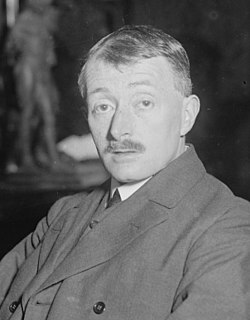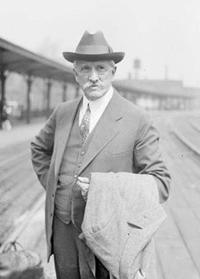A Quote by Johann Wolfgang von Goethe
Our mistakes and failures are always the first to strike us, and outweigh in our imagination what we have accomplished and attained.
Related Quotes
Like Muslims we assume that God will judge us "on balance." If our good deeds outweigh our bad deeds, we will arrive safely in heaven. But, alas, if our evil deeds outweigh our good ones, we will suffer the wrath of God in hell. We may be "marred" by sin but in no wise devastated by it. We still have the ability to balance our sins with our own righteousness. This is the most monstrous lie of all.
What we can do is to live out our lives as best we can with purpose, and love, and joy. We can use each day to show those who are closest to us how much we care about them, and treat others with the kindness and respect that we wish for ourselves. We can learn from our mistakes and grow from our failures. And we can strive at all costs to make a better world.
My plea is that as we continue our search for truth, particularly we of the Church, that we look for strength and goodness rather than weakness and failings in those who did so great a work in their time. We recognize that our forefathers were human. They doubtless made mistakes. Some of them acknowledged making mistakes. But the mistakes were minor when compared with the marvelous work which they accomplished.
Let us be aware of our power to create a dream of heaven where everything is possible. Help us to use our imagination to guide the dream of our life, the magic of our creation. Today let something extraordinary happen that will change our life forever; let everything we do and say be an expression of the beauty in our heart, always based on love






































